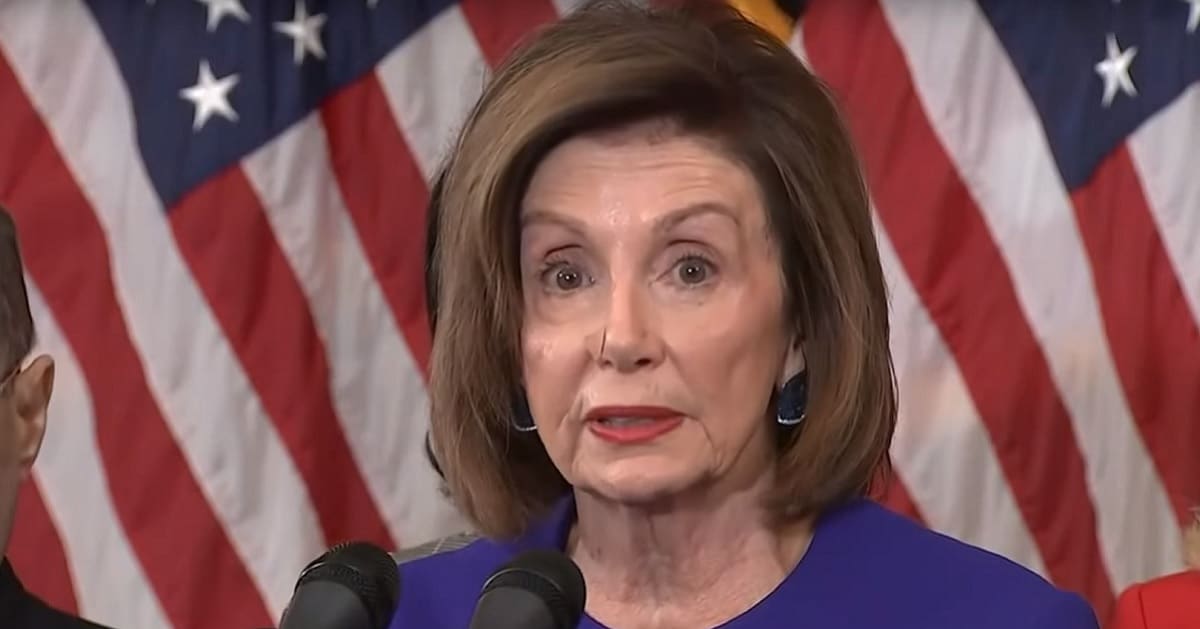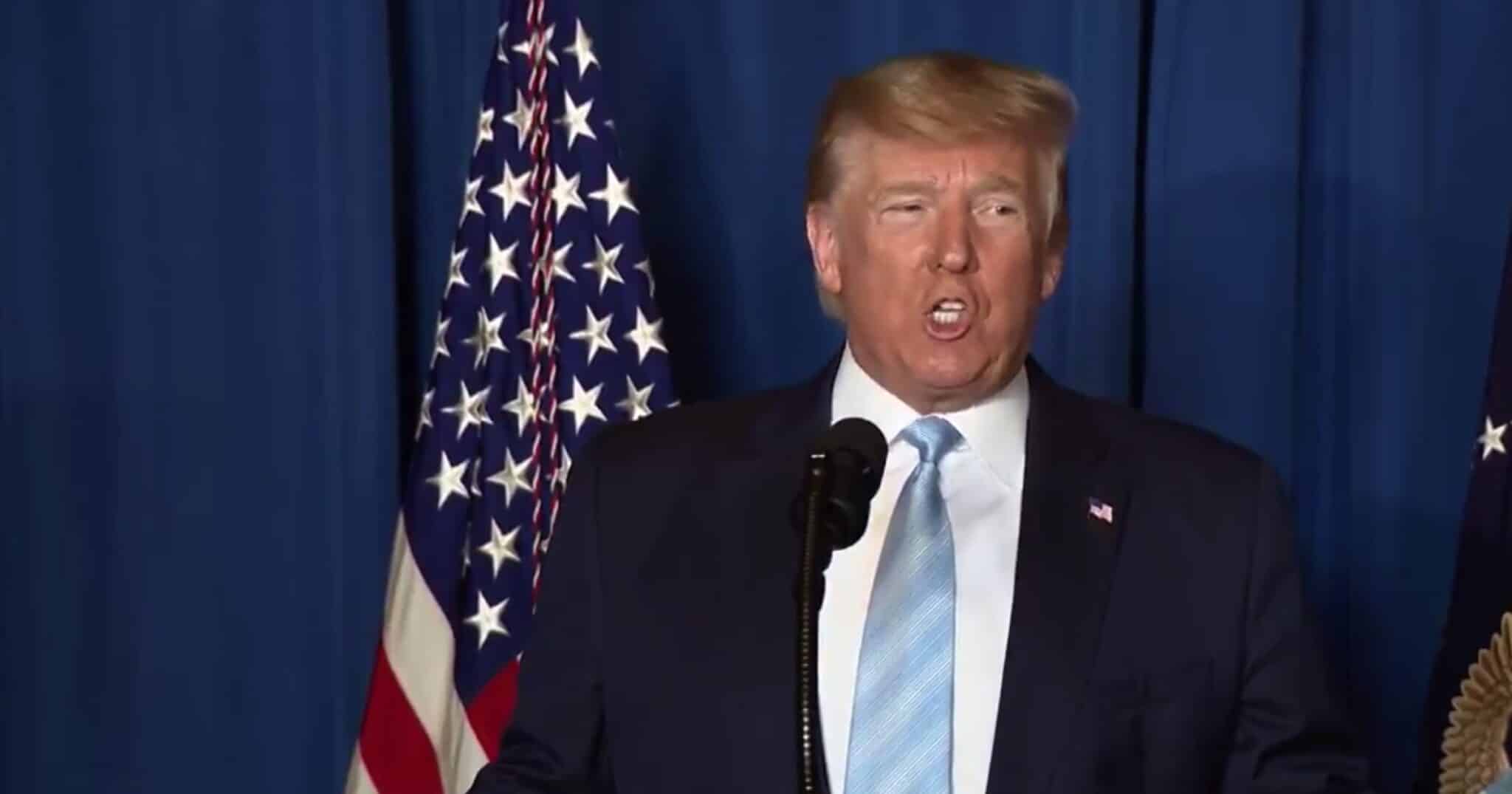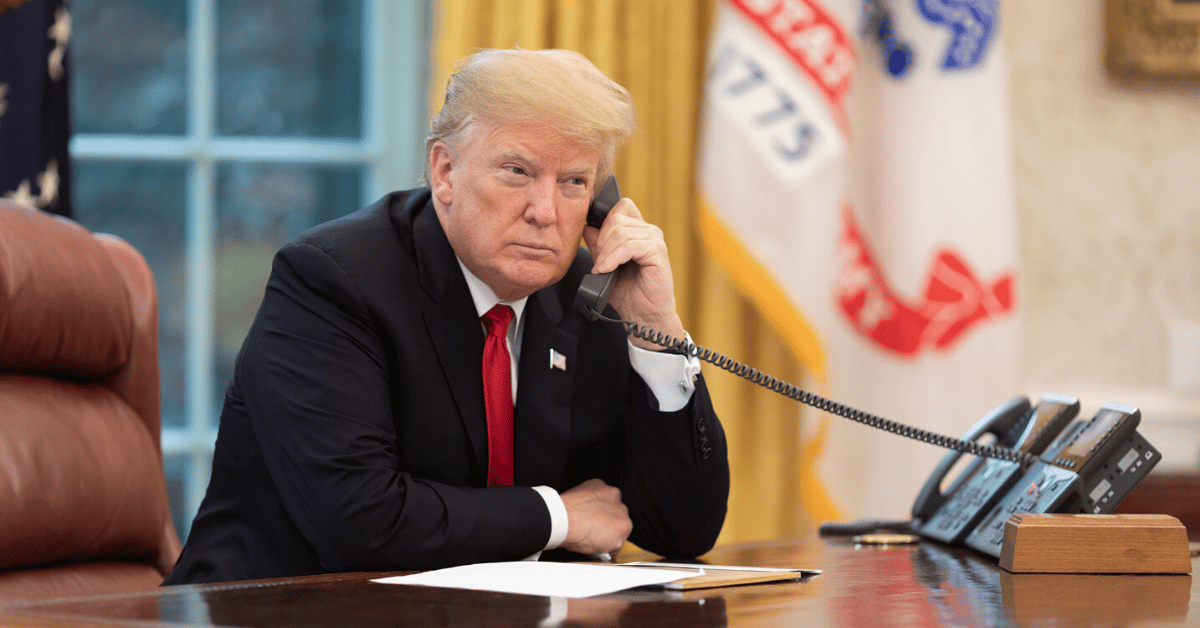




Nathan Wade, the ex-lover of Fulton County District Attorney Fani Willis, appeared on Capitol Hill to face an inquiry over his relationship and involvement in the indictment against former President Donald Trump.
The New York Post reported that Nathan Wade appeared before the House Judiciary Committee following a subpoena regarding his admitted romantic relationship with Fulton County District Attorney Fani Willis.
This relationship has raised questions about its impact on the integrity of the ongoing criminal case against former President Donald Trump.
The examination of Wade lasted over six hours, highlighting both political and legal complexities intertwined with the case relating to Trump.
Wade's participation in the case and subsequent departure followed the revelation of his personal connection with Willis. The disclosure of their relationship first emerged from court filings by Mike Roman’s attorneys, who is a co-defendant of Trump.
Wade’s testimony was preceded by his decision to step away from the criminal case amid the fallout from the affair's disclosure.
During his testimony, Wade, whose legal support came from former Georgia Governor Roy Barnes, was cautious under the guidance of Willis. She had previously advised him against sharing private case details and communicated similar instructions to the committee's staff.
Initially, Wade evaded the committee’s subpoena for nearly six days before consenting to cooperate. This evasion was described as unusual by Russell Dye, a judiciary spokesman, in comparison to other individuals who have readily participated in Trump-related investigations.
Wade and Willis’s relationship was a focal point during Wade's own divorce proceedings, where both denied any conflict of interest arising from their now-public romance.
Their relationship reportedly began in March 2022 and concluded by July 2023. Wade testified to this timeline, despite contradictory testimonies provided by other witnesses.
Their travels to the Caribbean and Central America further fueled interest in the relationship, as Wade claimed that expenses were shared despite their personal involvement. The potential implications of their relationship came under judicial review, with Judge Scott McAfee eventually determining Willis could remain on the case provided Wade had been removed.
Despite Judge McAfee’s ruling allowing Willis to continue, Trump’s legal team filed an appeal, causing a delay in the trial’s progression. This case adds to a series of criminal indictments against Trump, with some political figures, including Rep. Jim Jordan, framing them as politically charged legal pursuits.
Wade’s refusal of a voluntary interview diverged from others, such as Manhattan District Attorney Alvin Bragg, who chose to engage with the judiciary panel. The Judiciary Committee, well-known for its numerous subpoenas this Congress, experienced limited backlash, according to Dye.
The Trump indictments in various jurisdictions also include convictions on counts of felony business fraud in Manhattan. Separate federal charges related to election activities and mishandling of documents have also been filed against Trump.
Political and legal scrutiny continued as the DC case experienced a postponement due to presidential immunity considerations. The Supreme Court ultimately dispensed with these questions in July. Additionally, procedural issues led to the Florida indictment being dismissed by US District Judge Aileen Cannon, relating to special counsel appointments.
As the inquiry into Wade’s conduct winded down, Barnes, his legal representative, questioned the existence of any crime in Wade's actions. This inquiry adds another layer to the politically sensitive environment surrounding Trump’s legal challenges.



